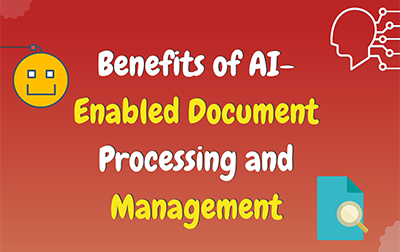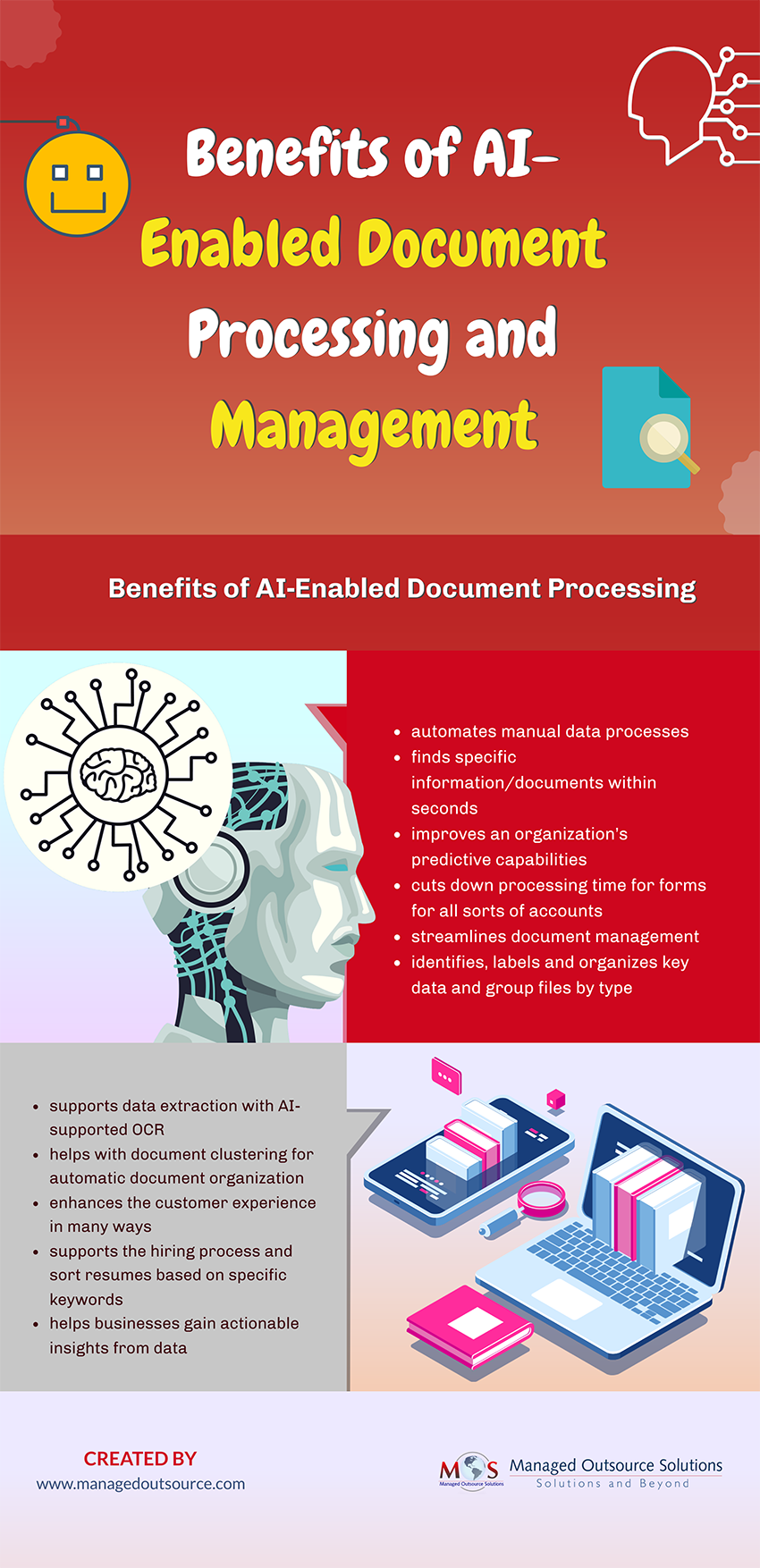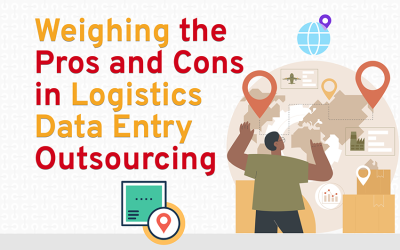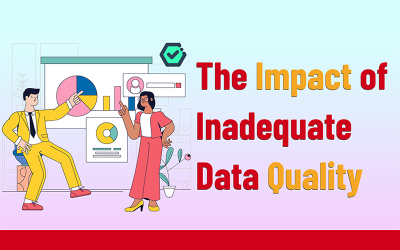Businesses have to deal with a vast volume of documents ranging from finance and accounting to insurance, human resources, sales and marketing, and more. Document processing involves creating, inputting, editing and producing texts and documents using computerized systems. Today, data processing services use artificial intelligence (AI) to transform the way documents are processed and managed. Using deep learning, AI can process documents and automate complex tasks like accounting processes and eliminate repetitive tasks. With AI Solutions, facts and figures no longer have to be processed and entered manually. AI automatically gathers information from documents and uses natural language processing (NLP) techniques to analyze and understand the content. Data captured from various documents in varied formats or languages can be further validated and filed automatically. AI can process information from thousands of documents in a matter of minutes.
Check out the infographic below





